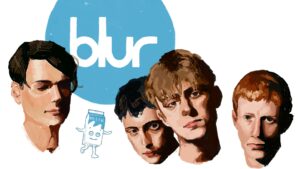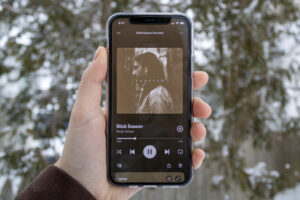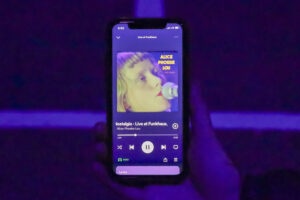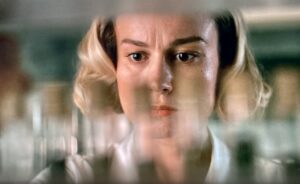For Mitski’s fifth studio album, released Aug. 17, she took on the goal of developing a narrative and telling a story through song. The album focuses on being love-lost, lonely and attempting to find control in the chaos of adulthood.
Utilizing guitar and piano melodies, drums and synthesizers the Japanese-American singer-songwriter uses 14 new tracks to play with different emotions. However, if the listener gains anything from her experimentation, it’s an understanding of the balance achievable between solitude and loneliness.
In a statement to Pitchfork, Mitski discussed what she desired to create while writing the album. “The image of someone alone on a stage, singing solo with a single spotlight trained on them in an otherwise dark room.”
Mitski went on to explain what technical decisions were made to relay this within the music: “For most of the tracks, we didn’t layer the vocals with doubles or harmonies, to achieve that campy ‘person singing alone on stage’ atmosphere.”
Mitski opens the album’s third track “Old Friend” with a somber reflection on an old relationship: “We nearly drowned for such a silly thing.” With some regret, she sings about the painful demise of their love: “Someone who loves me now, better than you and that pretty friend is finally yours.” While she knows things have changed, she still misses the company of her former lover, possibly willing to risk losing her new life to maintain some semblance of a relationship.
In the album’s fifth song, “Lonesome Love,” Mitski tells a story of post-break-up pain in under two minutes. She sings: “I call you, to see you again. So I can win, and this can finally end.” The song’s subject desires have the final say, to untether herself from the person whom she has loved.
Mitski depicts a woman ready for confrontation when she sings: “Spend an hour on my makeup, to prove something. Walk up in my high heels, all high and mighty.” The happy-go-lucky track seems to validate the subjects attempt to seem better and stronger than before. However, the narrative becomes more complex when we learn that the subject is, in fact, more vulnerable than she attempts to appear. “And you say, ‘Hello’, and I lose. ‘Cause nobody butters me up like you.” In the final lyrics of the songs we hear the subject’s true conflict: “Why am I lonely for lonesome love?”
In “Washing Machine Heart,” Mitski’s tone shifts from despair to desire. Mitski sings, “I’m not wearing my usual lipstick. I thought maybe we would kiss tonight.” This sentiment draws upon memories of hopeful expectation. She wants to be enveloped by love, to let something and someone in and doesn’t seem to care if the risk ends up hurting her, shown by the lyric “Baby, bang it up inside. Baby, though I’ve closed my eyes I know who you pretend I am.”
On Sept. 1, “Be The Cowboy” rose to the third position on Billboard’s Independent Albums chart, and sixth position on their “Alternative Albums” chart. The album’s three singles “Geyser,” “Nobody” and “Two Slow Dancers” still remain it’s most played tracks, but the eleven others should not be neglected.











